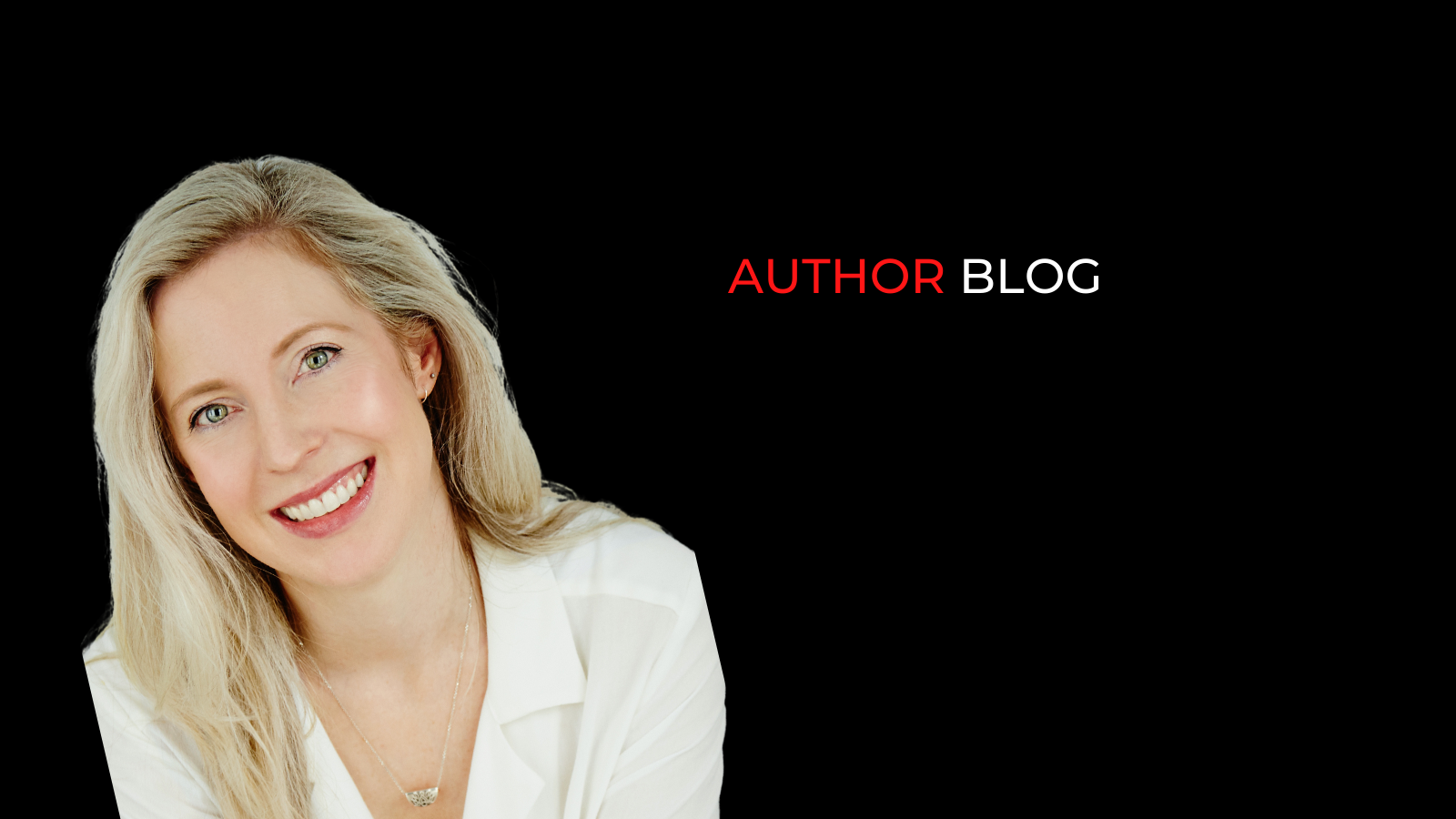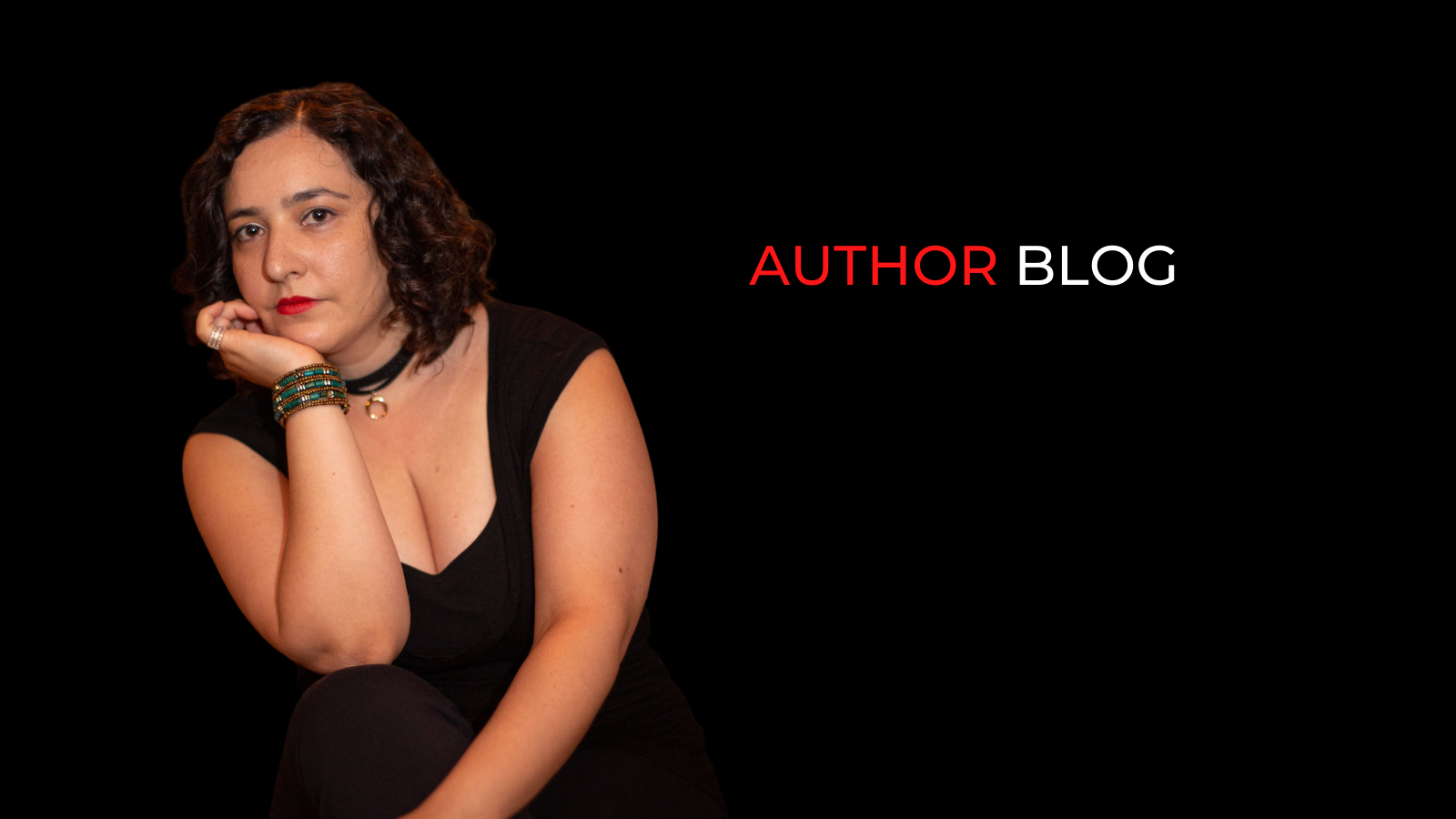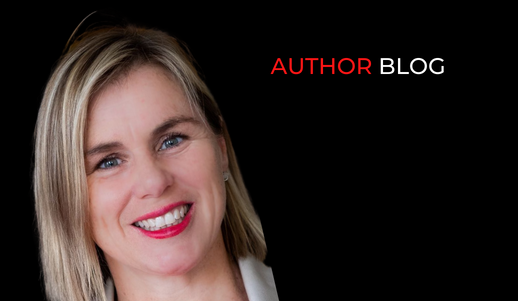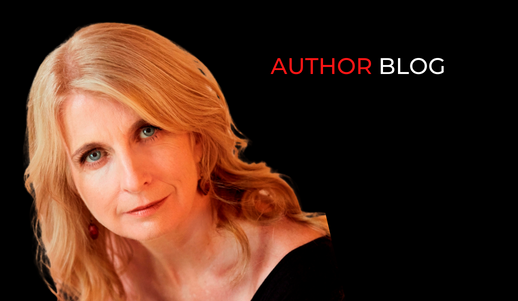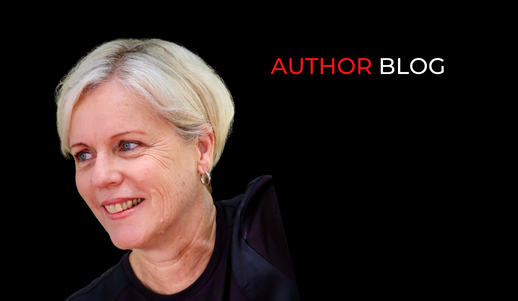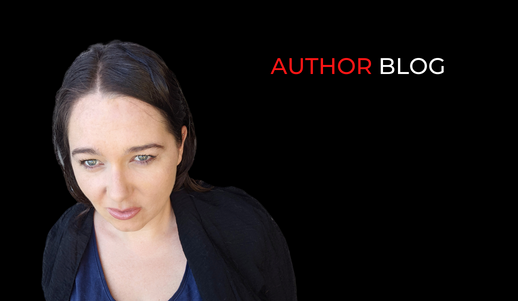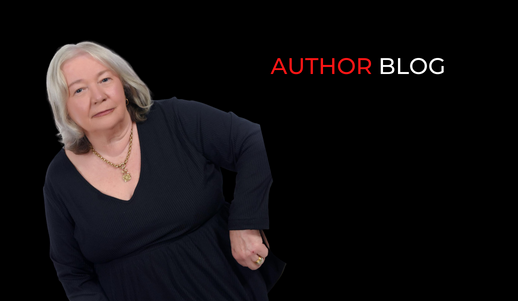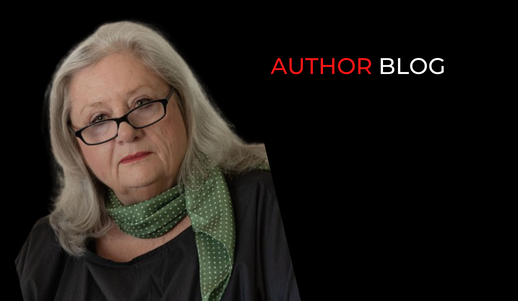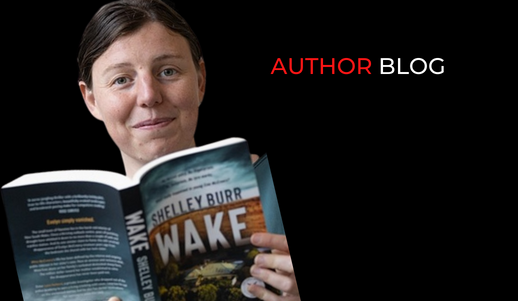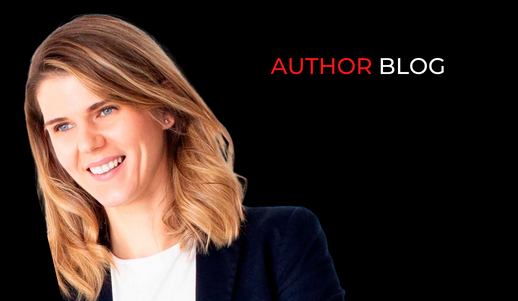Crime vs mystery: Vanessa McCausland
What’s the difference between a mystery book and a crime book? Is it that, unlike crime novels, mystery novels concern themselves less with a struggle between good and evil and more with the question of who committed a particular crime? Do crime writers often reveal their villain early in the story while mystery writers devote most of their real estate to cracking unsolved cases?
